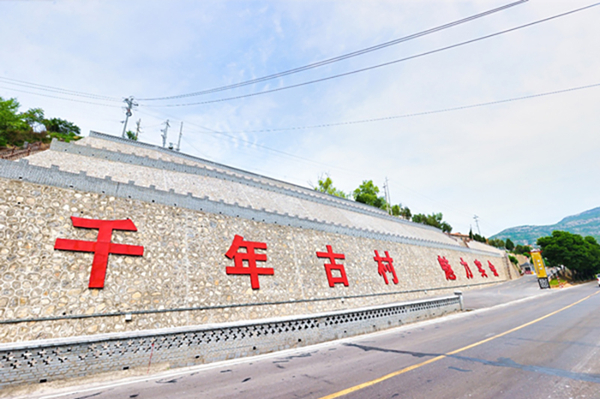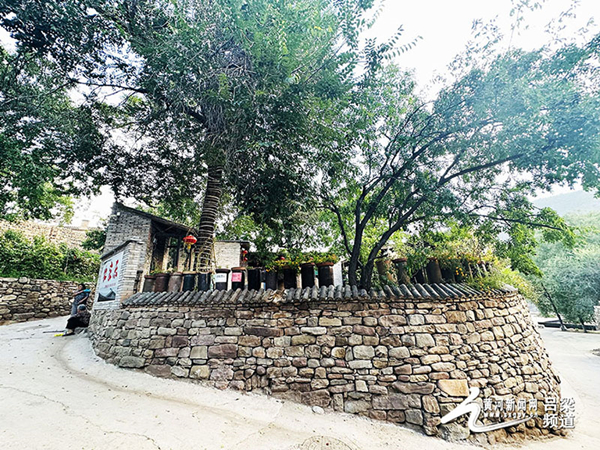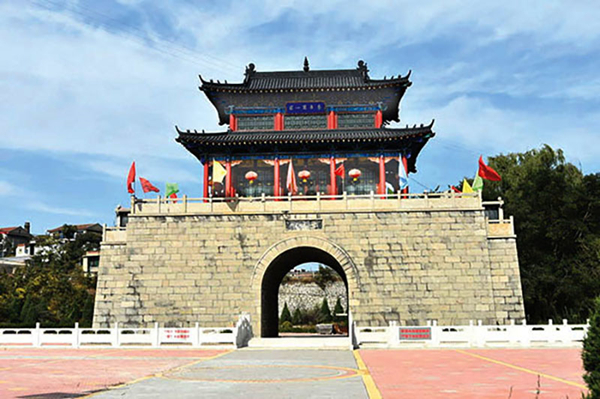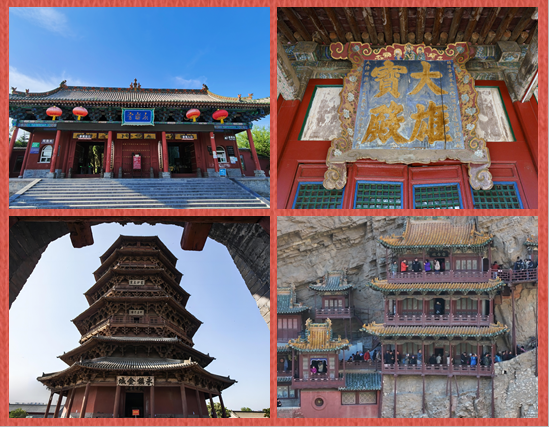Ancient villages in Shanxi see progress
The ancient villages in North China's Shanxi province bear the imprint of history, thus earning the title "living fossils of culture".
Boasting a rich historical and cultural heritage, Shihui village in Pingshun county, Changzhi city, preserves many historical relics. These included the famous and ancient Dayun Temple, the structures built in the Qing Dynasty (1644-1911) like the Guanyin Pavilion, and the buildings established in the Late Qing Dynasty and the Republic of China period (1912-1949), such as the Shen Family Courtyard. These ancient buildings all exude a unique artistic charm.

Shihui village. [Photo/Yellow River News]
Surrounded by waters and mountains, Laoniuwan village in Pianguan county, Xinzhou city, has been crowned as "the first village located where the Yellow River enters Shanxi".
In addition to the landscapes of the Great Wall and the Yellow River, Laoniuwan village also provides magnificent border scenery thanks to its ancient ferry crossings, beacon towers, distant mountains, ancient villages, and old castles.
Ciyao village in Jiaocheng county, Lyuliang city, has rugged stone walls, stone houses, and stone alleys, exuding a quaint style.
Around the stone houses, flowers and plants vie for beauty, while the paintings on the walls add an artistic touch.

Ciyao village. [Photo/ Yellow River News]
With a history of over 300 years, Xiling village in Shangdang district, Changzhi city, has embarked on a path of rural vitalization through the integration of its culture and tourism industries.
Xiling village has renovated its ancient residential houses to develop rural homestays that can be leased, thus further revitalizing its asset resources and increasing people's income.
Located at the junction of Shanxi and Hebei provinces, Jiuguan village in Pingding county, Yangquan city, was an area of military importance in ancient times.
Considering the village's soil, terrain, and climate conditions, Jiuguan village has led its villagers to plant walnuts, pears and traditional Chinese medicinal herbs.
In the future, the village plans to hold flower viewing festivals, fruit picking events, and other activities to enhance the added value of its agricultural products and increase villagers' income.

The ancient buildings in Jiuguan village. [Photo/Yangquan Daily]



